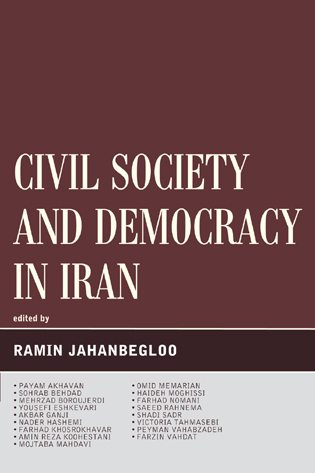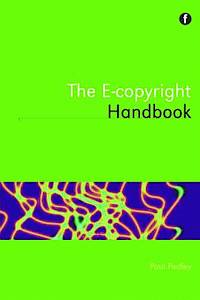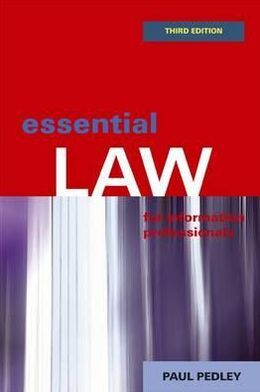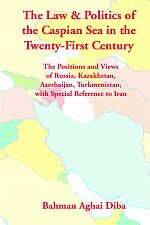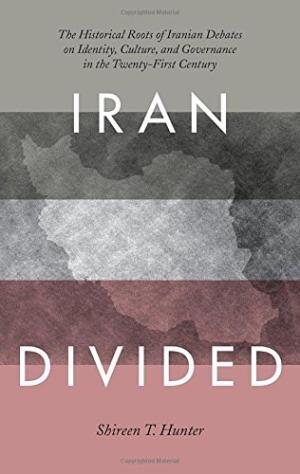Civil Society And Democracy In Iran: English 2012
Civil Society And Democracy In Iran
266 SEK
Share
Wishlist
ISBN:
9780739165447
Publisher:
Rowman & Littlefield Publishers, INC
Age Group:
Adult
Pages:
299
Weight:
480 g
Dimensions:
15 x 23 x 2.09 cm
Book Cover:
Paperback
In this timely, informative edited volume, major Iranian scholars and civic actors address some of the most pressing questions about Iranian civil society and the process of democratization in Iran. They describe the role of Iranian civil society in the process of transition to democracy in Iran and offer insight about the enduring legacy of previous social and political movements—starting with the Constitutional Revolution of 1906— in the struggle for democracy in Iran. Each contributor looks at different aspects of Iranian civil society to address the complex nature of the political order in Iran and the possibilities for secularization and democratization of the Iranian government. Various contributors analyze the impact of religion on prevailing democratic thought, discussing reformist religious movements and thinkers and the demands of religious minorities. Others provide insight into the democratic implications of recent Iranian women’s rights movements, call for secularism within government, and the pressure placed on the existing theocracy by the working class. The contributors address these and related issues in all their richness and complexity and offer a set of discussions that is both accessible and illuminating for the reader.
more
In this timely, informative edited volume, major Iranian scholars and civic actors address some of the most pressing questions about Iranian civil society and the process of democratization in Iran. They describe the role of Iranian civil society in the process of transition to democracy in Iran and offer insight about the enduring legacy of previous social and political movements—starting with the Constitutional Revolution of ١٩٠٦— in the struggle for democracy in Iran. Each contributor looks at different aspects of Iranian civil society to address the complex nature of the political order in Iran and the possibilities for secularization and democratization of the Iranian government. Various contributors analyze the impact of religion on prevailing democratic thought, discussing reformist religious movements and thinkers and the demands of religious minorities. Others provide insight into the democratic implications of recent Iranian women’s rights movements, call for secularism within government, and the pressure placed on the existing theocracy by the working class. The contributors address these and related issues in all their richness and complexity and offer a set of discussions that is both accessible and illuminating for the reader.
more

